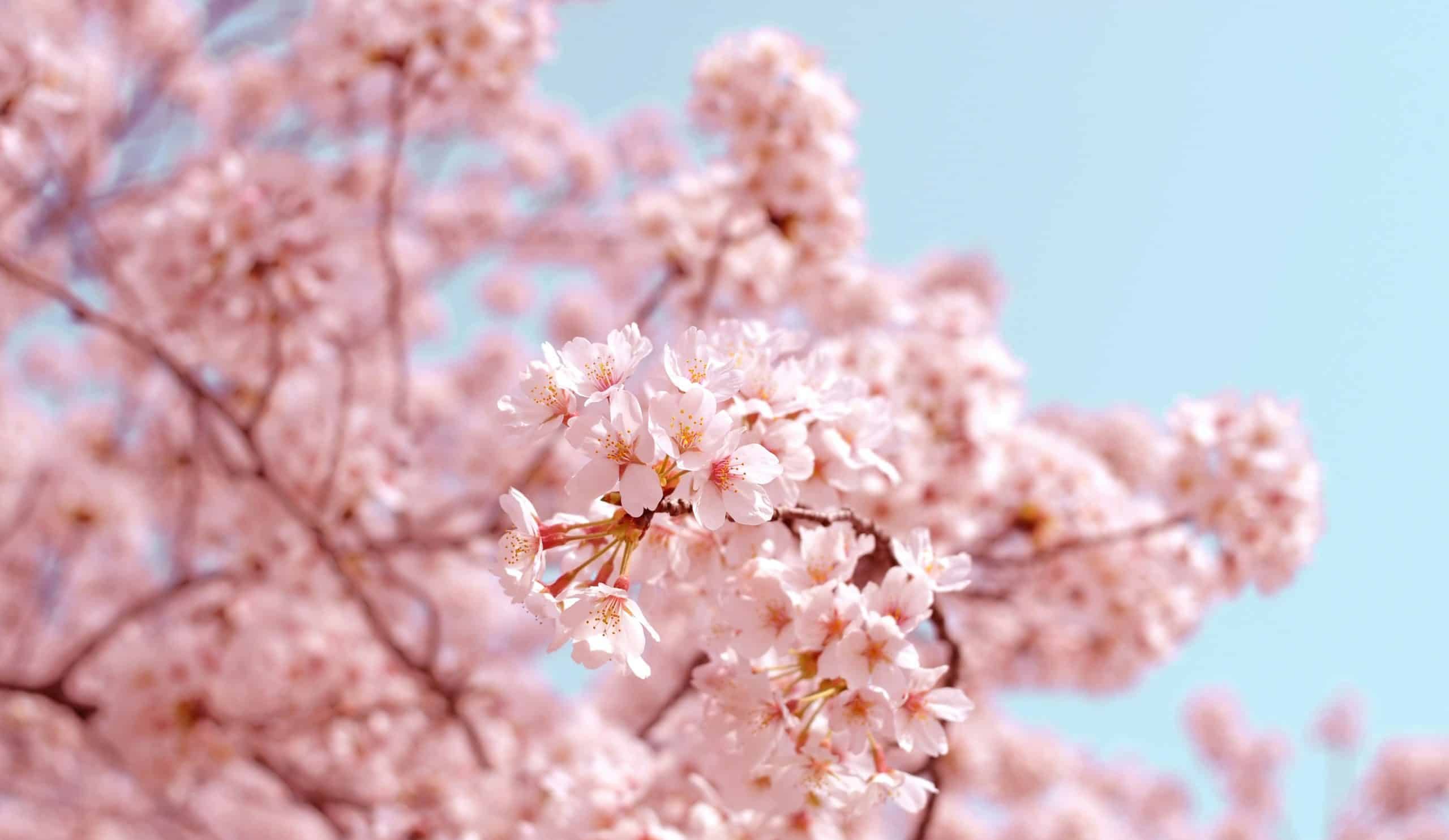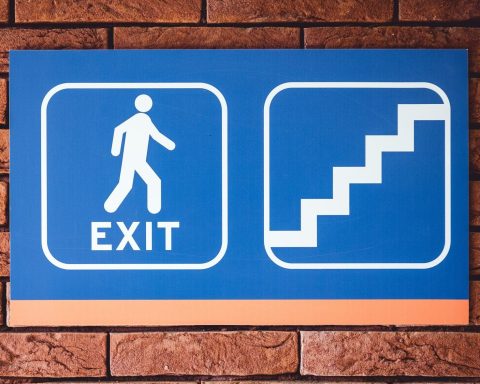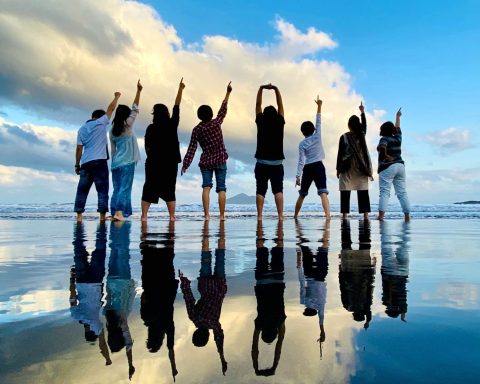Junki Mizumoto is a Family doctor and medical education researcher in Matsuyama City, Japan. Junki Mizumoto is on X: @MizumotoJunki
In Japan, there is a saying that deities disguise themselves as difficulties and offer trials to those who have true courage and strength. My supervisors taught me that when we are overwhelmed and troubled by complex problems, we should respond with sincerity as if the deities of clinical practice had appeared to us.
…when we are overwhelmed and troubled by complex problems, we should respond with sincerity as if the deities of clinical practice had appeared to us.
I now work for a hospital that is committed to non-discrimination and equity in health care and welfare. I see many patients in complex and challenging situations. Many have experienced mistreatment in other clinics and are wary of medical care. Our team listens to their stories and imagines their lives, gradually building therapeutic relationships with them. Developing the ability to share unresolved issues with our patients is also essential.1 We are fortunate that our trust in community resources is strong, resulting in many referrals of difficult cases. In these moments, one particular scene comes to mind.*
When I was a medical student, I did a short-term internship in my hometown. I accompanied a home-based care nurse on visits to patients’ homes. On the way back from a visit to a patient with alcoholism, during which we replaced soiled bedding, he shared his faith with me. Alcoholism is a disease of relationships. Drinking and getting into trouble drives away co-workers, friends, and eventually family. Paradoxically, human connection is also essential to recovery from alcoholism. My team tried to build a humanitarian relationship with him. We were there to protect his rights as a human being.1
I had taken a course on alcoholism in university. I also knew the tests and treatments recommended by guidelines. However, what the patient needed was a professional who could establish a healing relationship with him while respecting his human rights and dignity.
Takiji Kobayashi, an early twentieth-century Japanese novelist, said that his art should not be a cookbook for those who could not afford to eat.
Takiji Kobayashi, an early twentieth-century Japanese novelist, said that their art should not be a cookbook for those who could not afford to eat.2 The patient taught me that our medical knowledge and skills are meaningful only when they can benefit patients. This experience encouraged me to become a general practitioner in my hometown and later a researcher in health professions education to study what primary care professionals can do for socially marginalized patients.
It is legendary that Japan is a land where myriads of deities live, where divinity dwells in all beings. It is true. I do see many deities every day in my office. This is my raison d’être as a general practitioner.
Deputy editor’s note: The anonymised patient referred-to in this reflection is deceased with no surviving next of kin who might provide consent, the best of the author’s knowledge
References
- Son D, Inoue K, Kamimoto M, Taniguchi SI. Keep thinking about unanswered questions in primary care: Cultivating negative capability. J Gen Fam Med. 2023 Mar 13;24(3):205-206.
- Field N. Takiji Kobayashi: How to read his writings in the 21st century. [小林多喜二: 21世紀にどう読むか] Iwanami Shoten 2009 [in Japanese]






